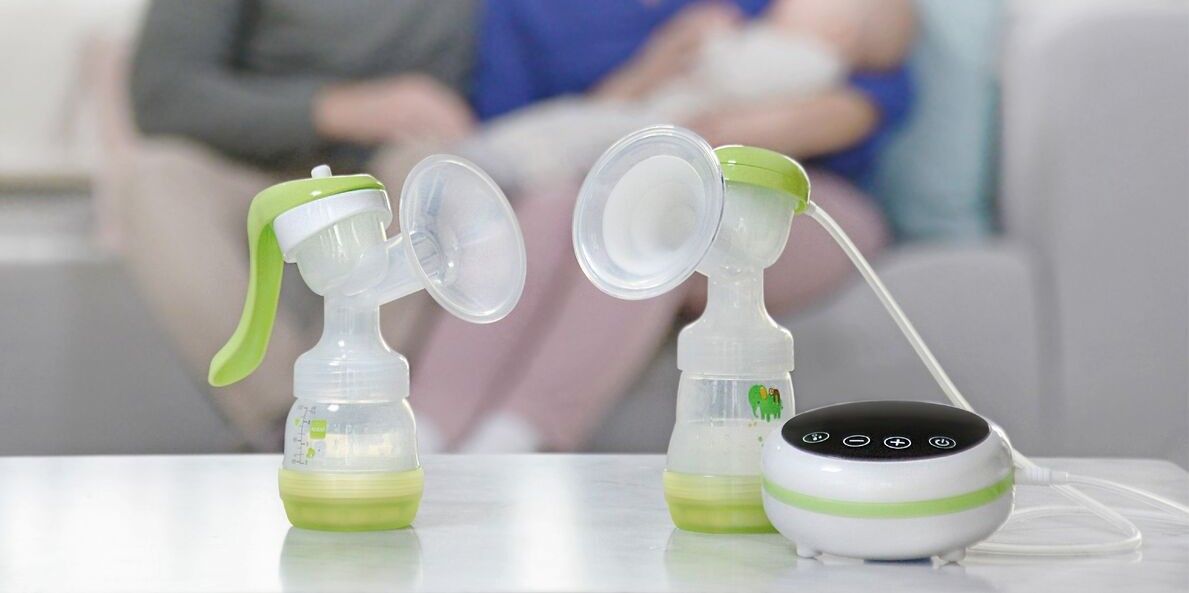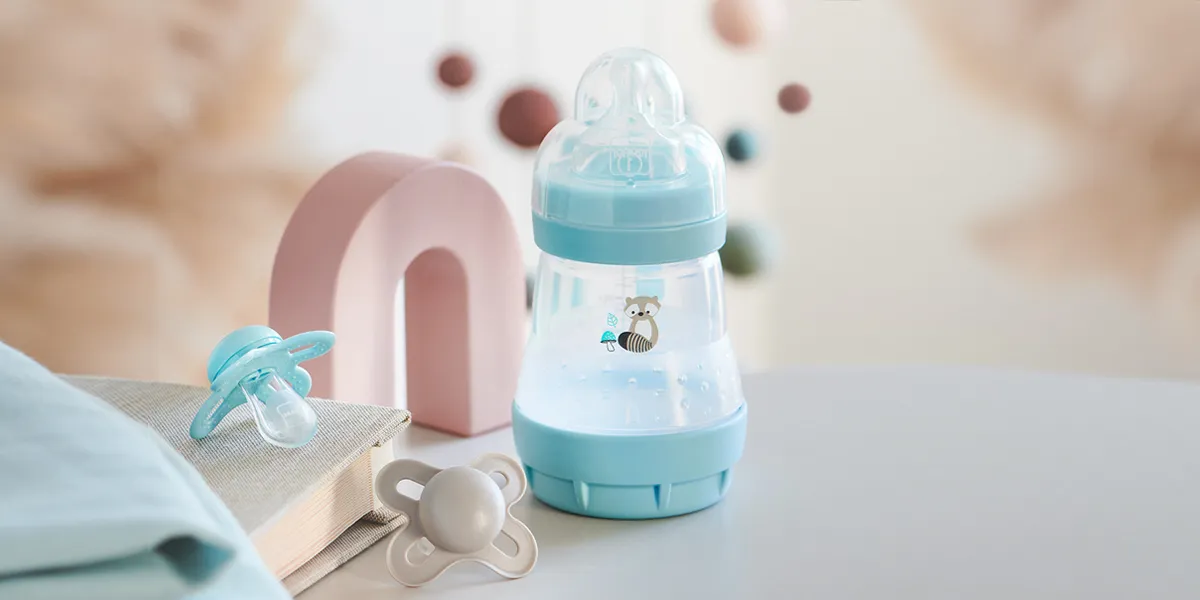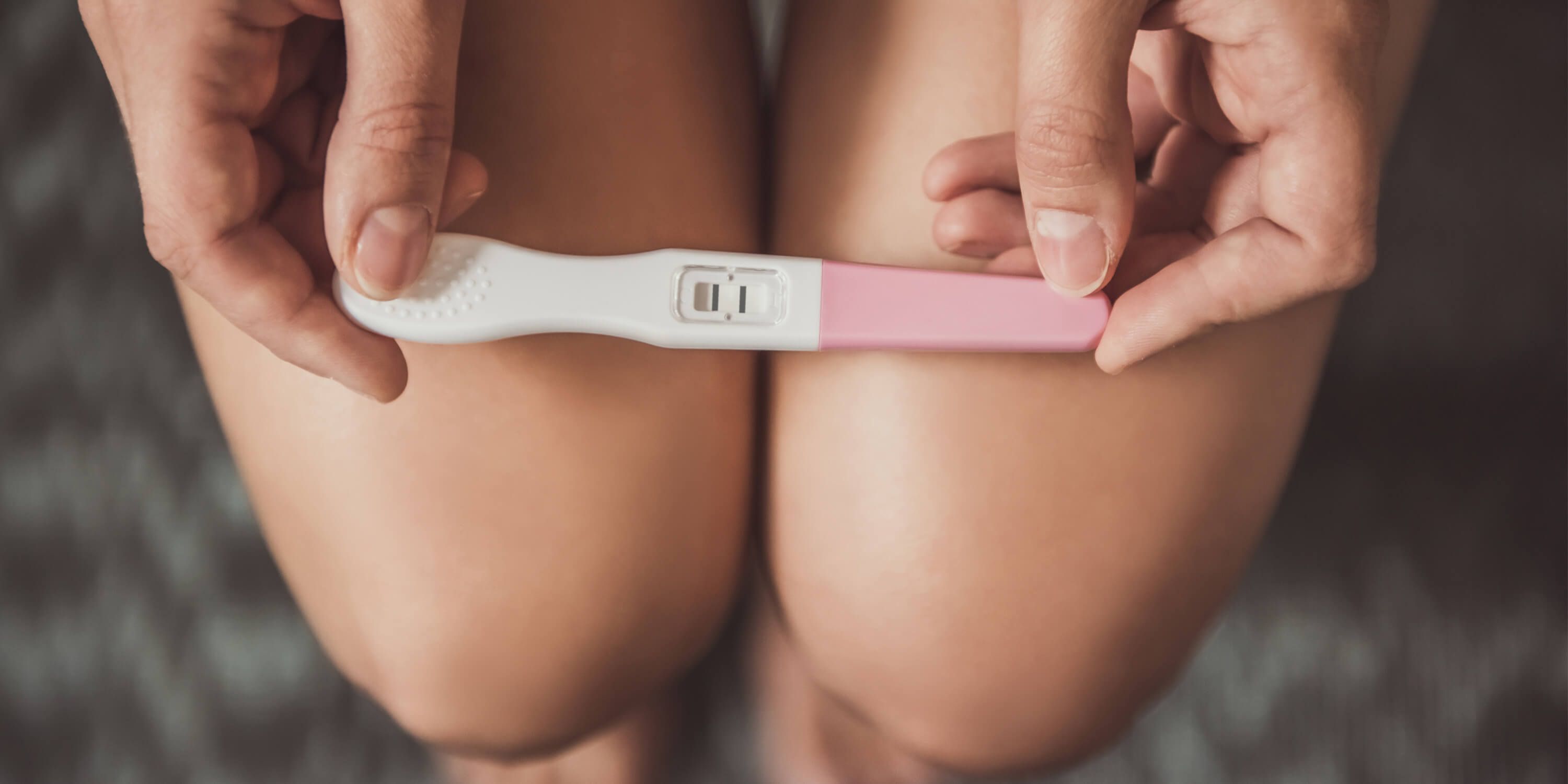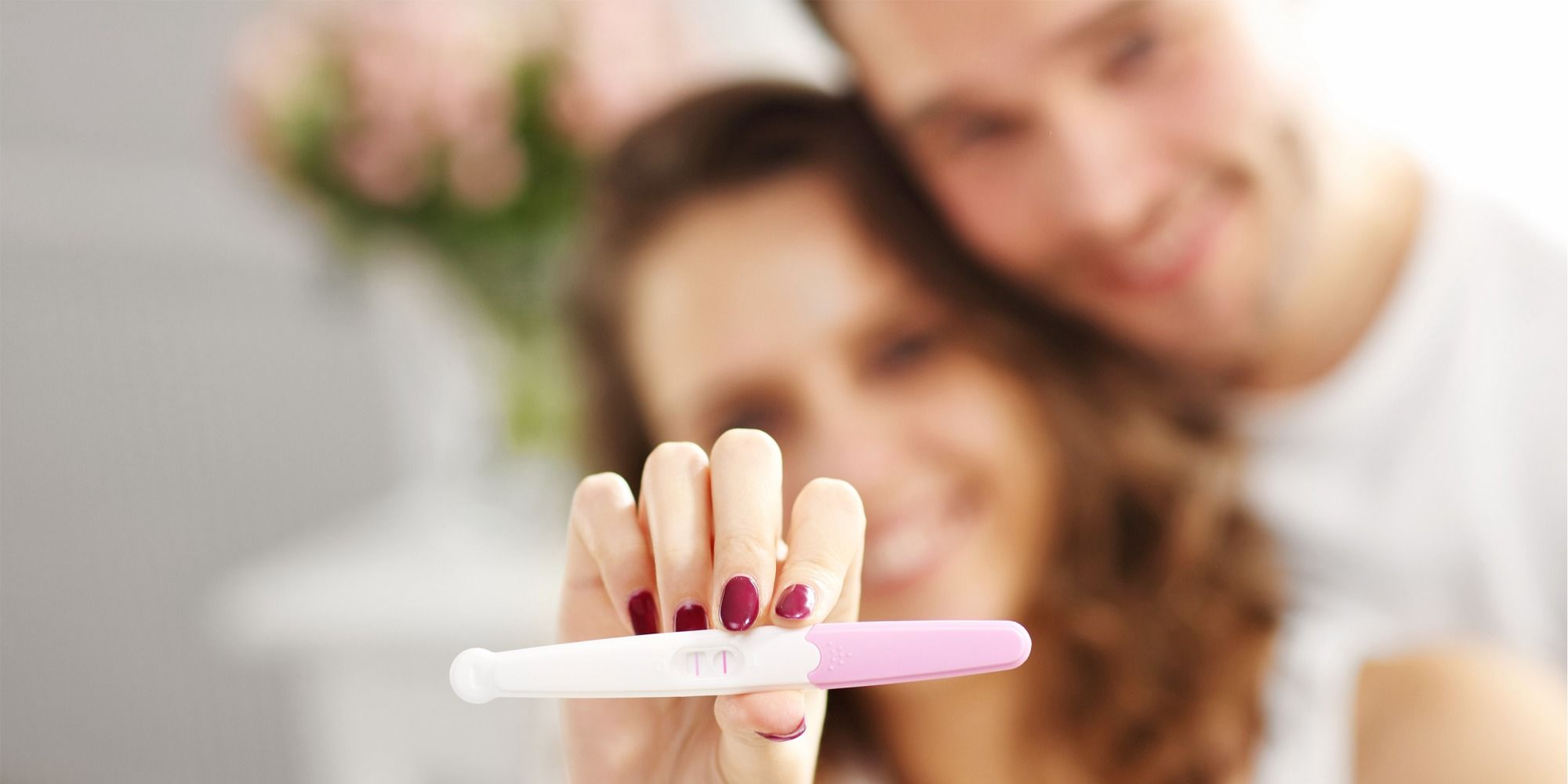Congratulations, you are finally really pregnant! Read on to find out what happens during fertilization and implantation, and whether there are noticeable signs of pregnancy at this stage.
What's Going On in Your Belly Right Now?
After ovulation, the egg cell is only fertile for about one day. Fortunately for those who wish to become pregnant, the sperm is able to survive for several days under optimum conditions and can "wait" for the egg cell.
The sperm and egg cell usually meet in the fallopian tube, where fertilization occurs. Once a sperm has successfully entered the egg cell, the nuclei of the two cells fuse: your baby's unique chromosome base has been created!
Your baby's sex, eye color, hair color, and size are already determined in this combination of genes – but precisely which of mommy or daddy's characteristics will prevail will be decided a little later.
Even before implantation, the fertilized cell diligently divides on its route from the fallopian tubes to the uterus. 5-6 days after fertilization, the tiny cell cluster (called the blastocyst) nestles in the lining of the uterus.
How Do You Feel at 3 Weeks Pregnant?
Are you already looking excitedly at a pregnancy test? Then we will start by answering the most important question: When can you take a pregnancy test?
Commercially available pregnancy tests measure the levels of the hormone HCG (beta-human chorionic gonadotropin) in your urine. This hormone is produced after fertilization by the cells that will later become the placenta. The concentration of HCG in the blood or urine increases as the embryo continues to develop, until it is at its highest around the 11th week of pregnancy.
Tests can indicate pregnancy from approximately two days after the absence of menstruation (14 days after fertilization). So-called early tests can even be accurate two days before a period is missed. However, the result can still be a false negative at this point. You will always get the best result with a morning urine sample, because this is when the hormone concentration is normally at its highest.
If you notice light bleeding or even just bloody traces in the vaginal fluid, this could be implantation bleeding. This is usually a very small amount of light red blood. However, this bleeding is sometimes mistaken for a menstrual bleed. You may even experience mild abdominal pain, which can feel just like the cramps that come before a period. However, many pregnant women do not notice any symptoms at all during this stage.
It is now important for you and your baby that you focus on a balanced and healthy diet. This means plenty of vegetables, wholegrain produce, and good sources of protein (lean meat, fish, pulses, tofu, or other vegetable protein). You may find you are more sensitive to smell and taste than usual. Some pregnant women will be instinctively disgusted by the smell of alcohol and cigarettes, for example. This is a good thing, because alcohol and cigarettes should definitely be avoided at this time.
Have you still not noticed any changes? That's not unusual either. At this early stage, many women do not notice any signs of pregnancy at all.
Consult your doctor to determine whether a nutritional supplement is a good idea for you and if so, which one you should take. Folic acid is recommended in many cases, because it supports cell division and can help to prevent certain developmental disorders in the embryo.
Sources:
Natürliche Familienplanung heute, Raith-Paula, Frank-Hermann, Freundl, Strowitzki, 2008, 4th edition
Malteser Working Group NFP, Natürlich und sicher. Das Praxisbuch, 18th edition.




























